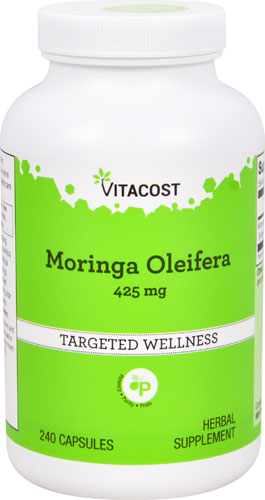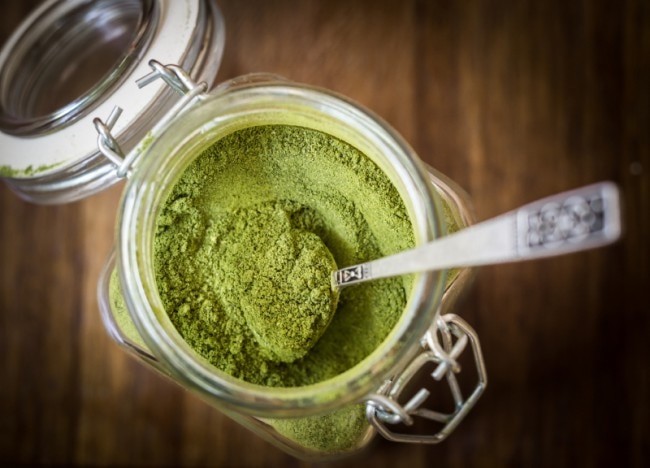Make room for the new green superfood. The moringa tree is a hardy, resilient plant that grows fast as a weed in dry, tropical climates and produces bitter leaves that taste similar to horseradish (or arugula, depending who you ask). With its emerging superfood appellation, moringa supplements, powders, teas and bars are slowly becoming more popular here in the U.S.
What are the nutrition benefits of moringa?
While all parts of the plant are edible--it evens makes for great firewood--its leaves and seedpods do the heavy nutritional lifting. Leaves and seeds contain digestible protein, calcium, iron, vitamin C, omega-3 fatty acids and antioxidants and, some experts say, have a nutritional profile that rivals milk and eggs.*
In total moringa contains 9 essential amino acids, 27 vitamins, 46 antioxidants and many minerals.
What are some moringa uses?
A staple in West Africa, South Asia and South America, the uses of moringa are well documented in both the Ayurvedic and Unani (Muslim) systems of traditional health practices, with uses for many systems in the body.
Moringa is definitely a paradigm of versatility: a couple of dried seeds, crushed up, can purify a bottle of contaminated water. It’s worth exploring the nutrition and energy boosts that moringa may deliver.*
How can you try moringa?
Try stirring in some moringa powder to your morning smoothie. (Here's a simple moringa recipe to get started!). Another option is to sip moringa tea.
For beauty benefits, spritz some moringa styling spray into your hair.
Have you tried moringa? Let us know your favorite way to use it!
*These statements have not been evaluated by the FDA. These products are not intended to diagnose, treat, cure or prevent any disease.




